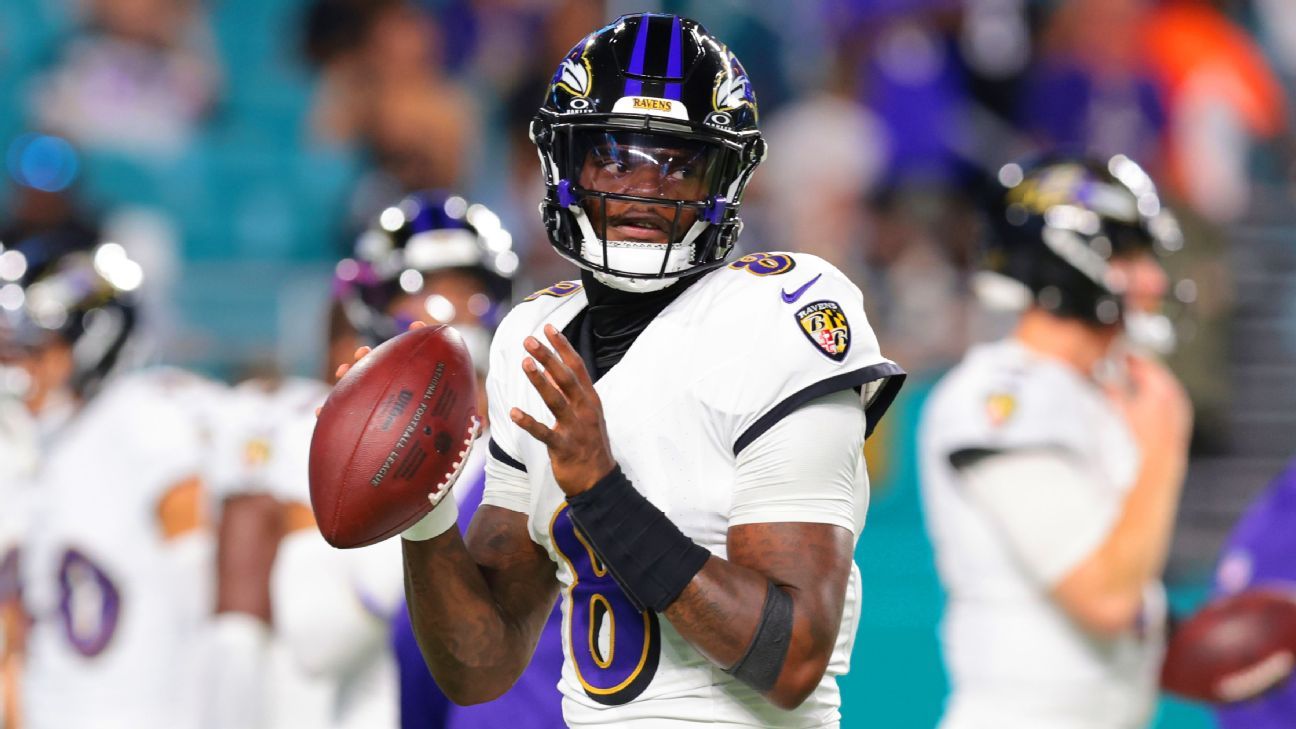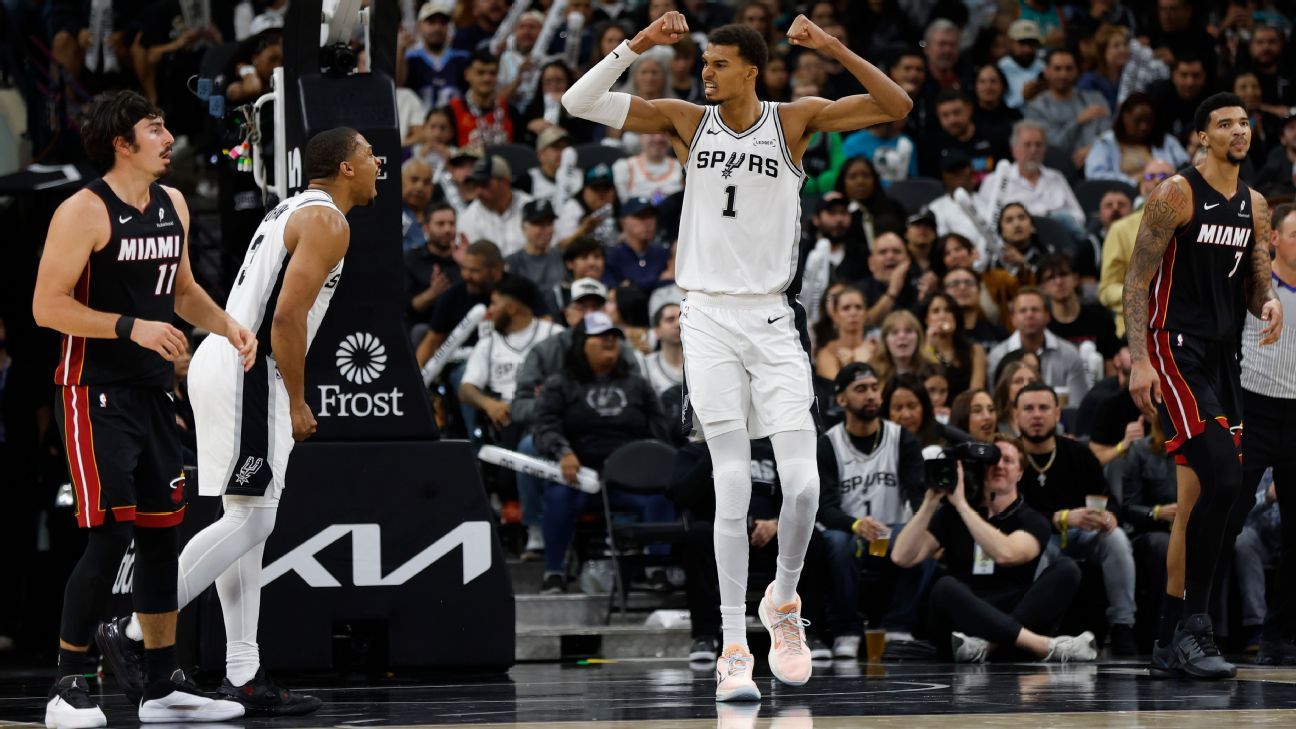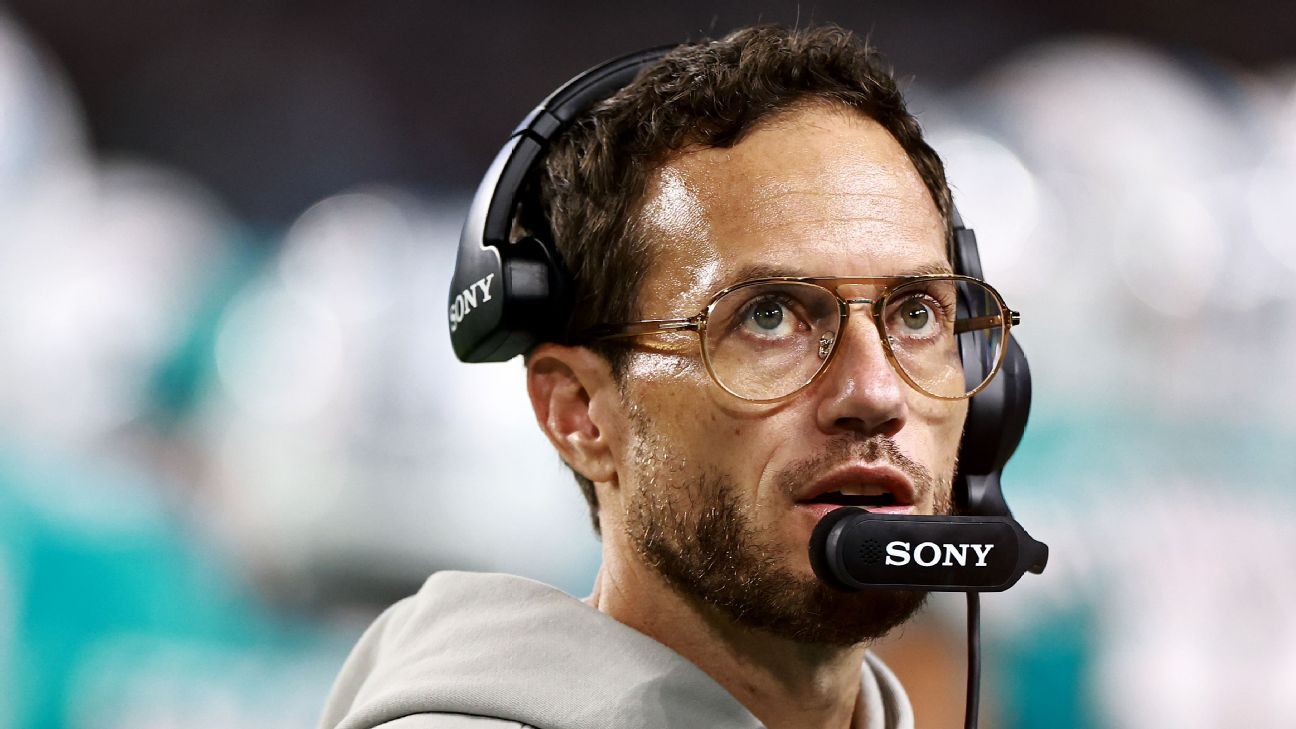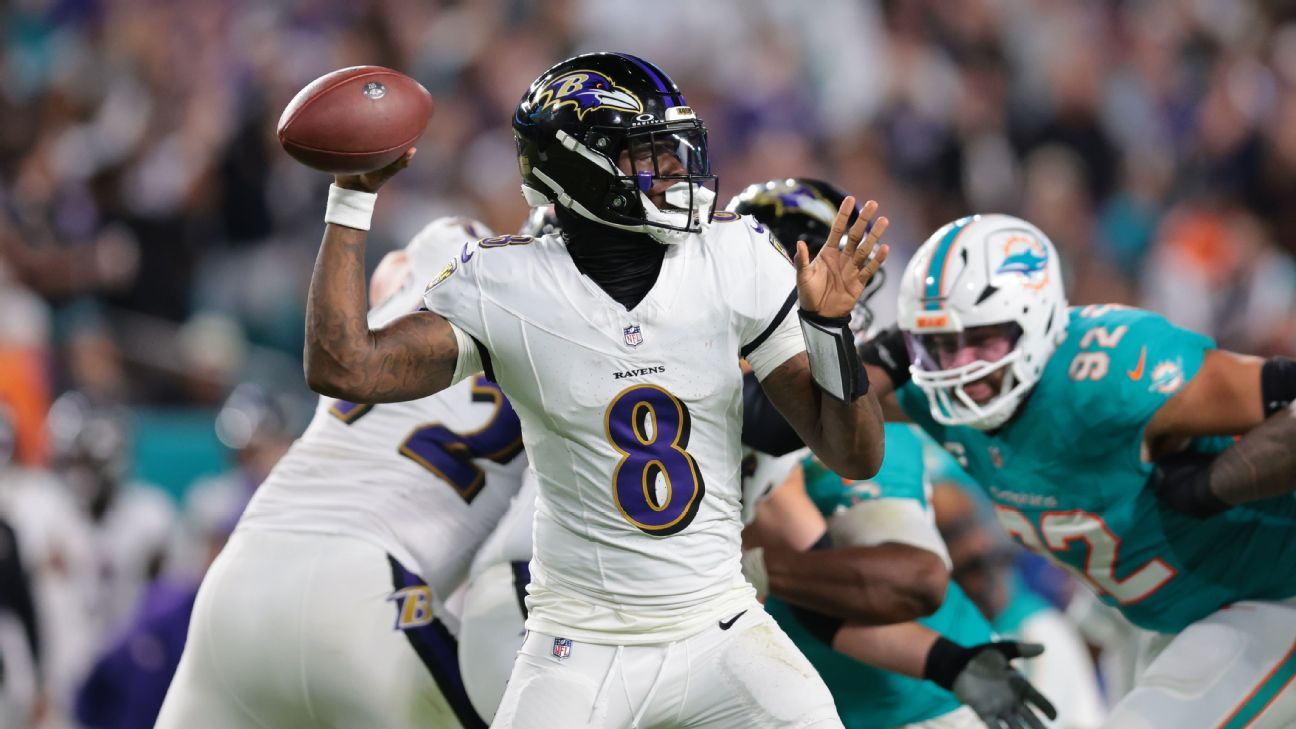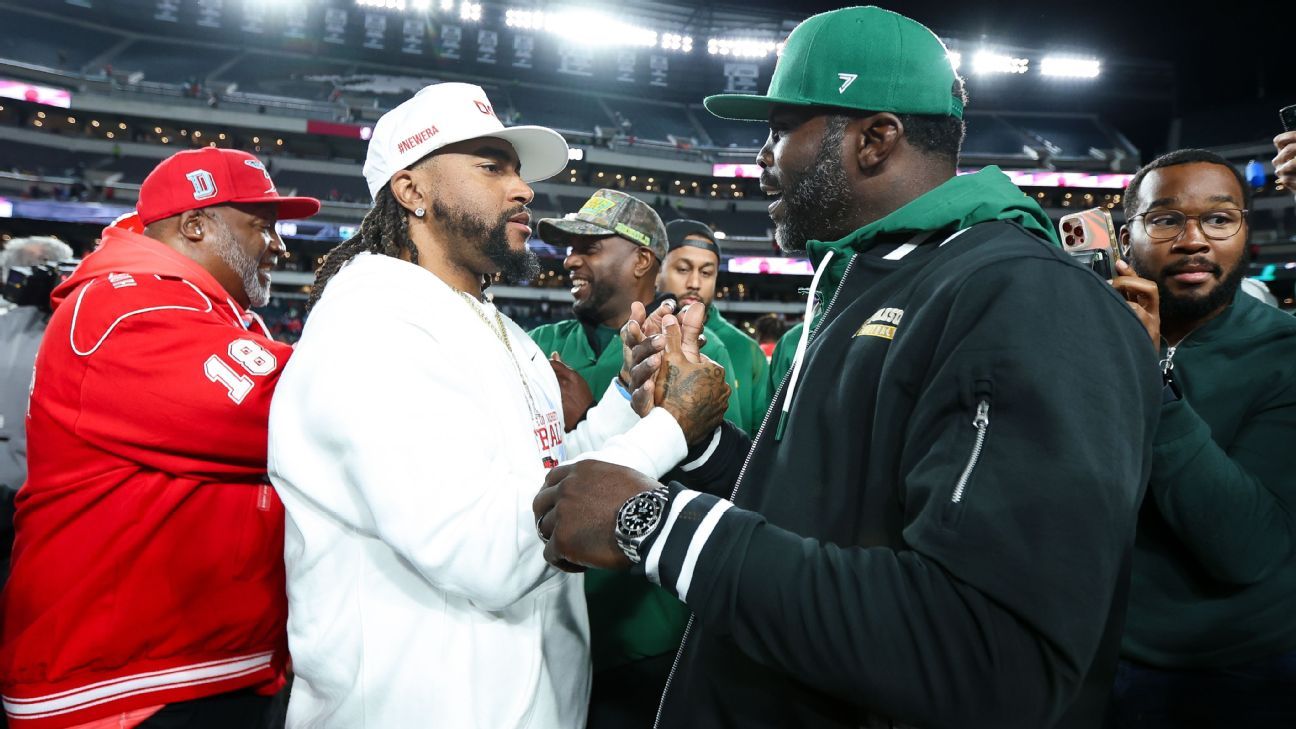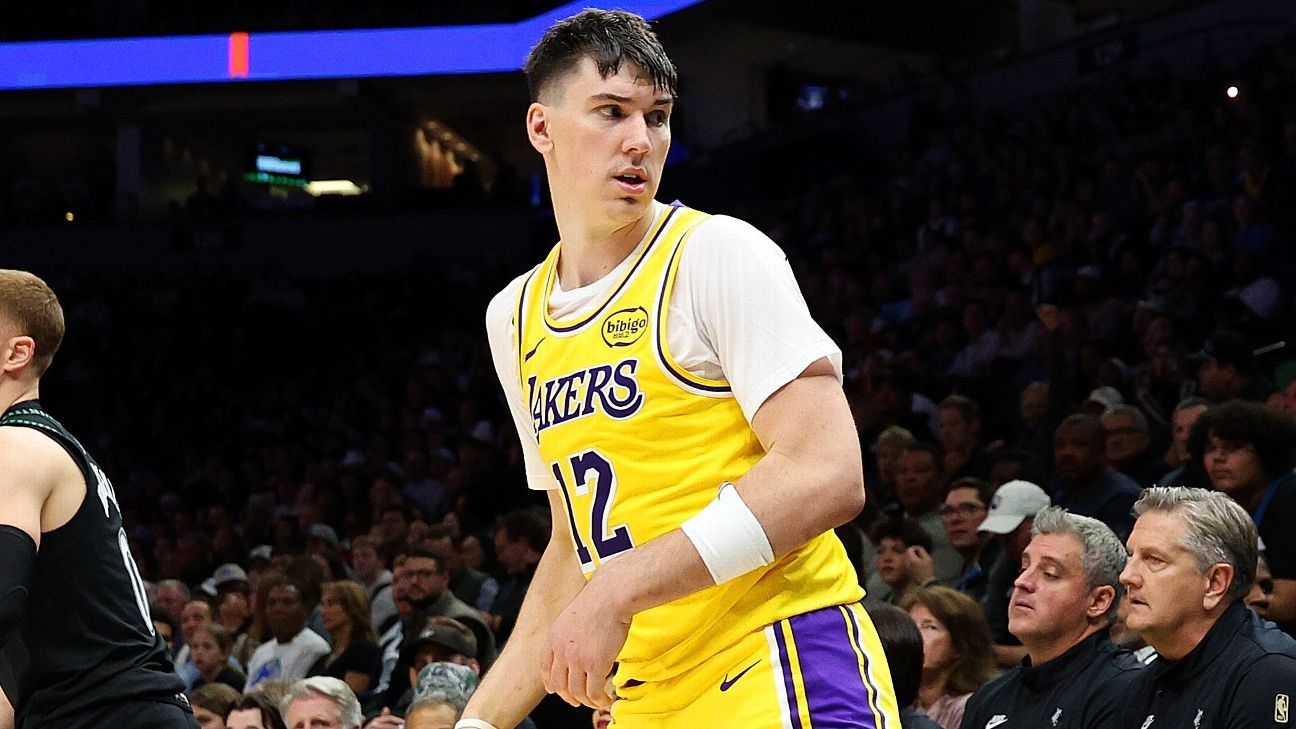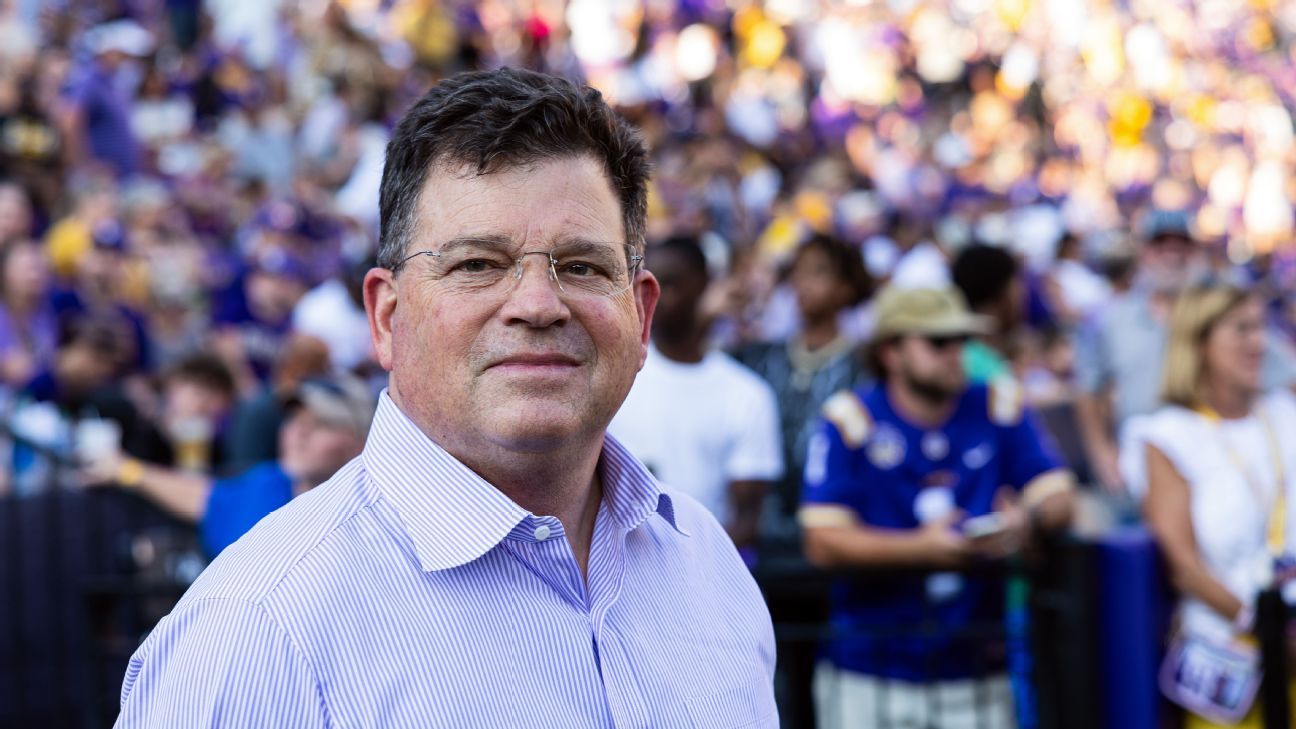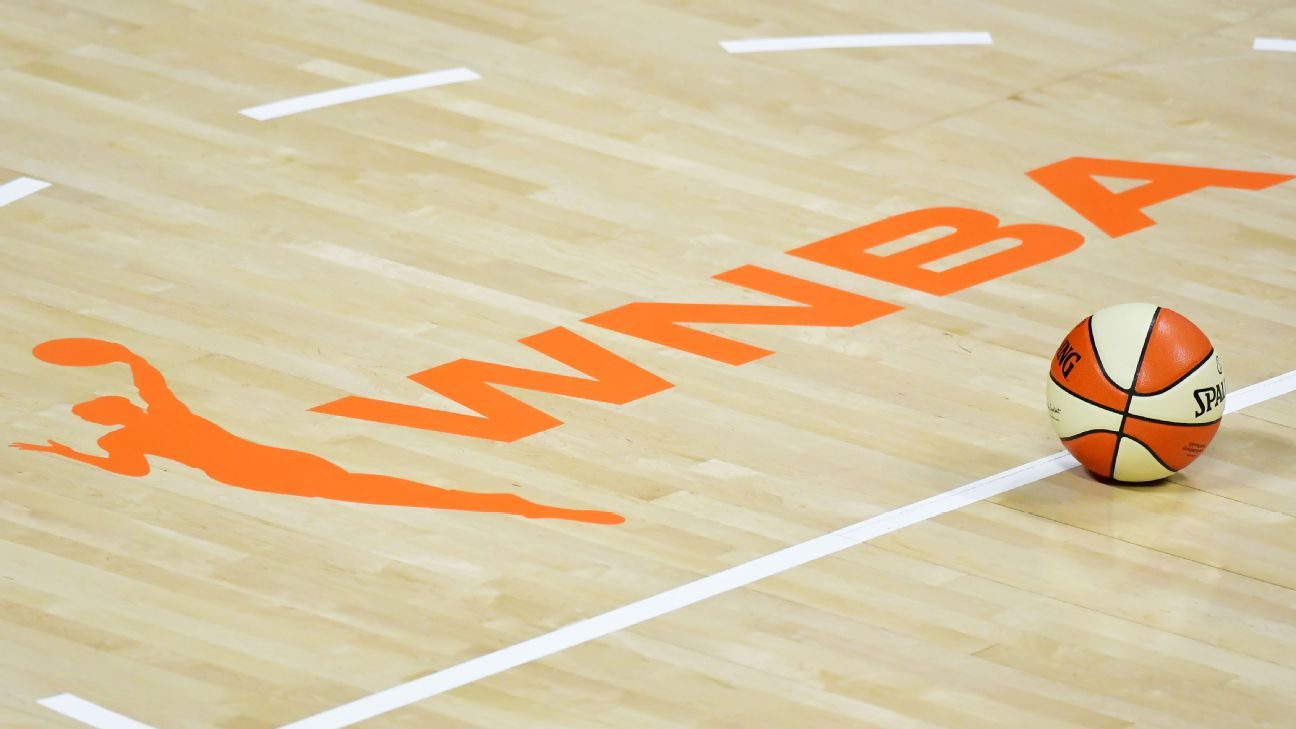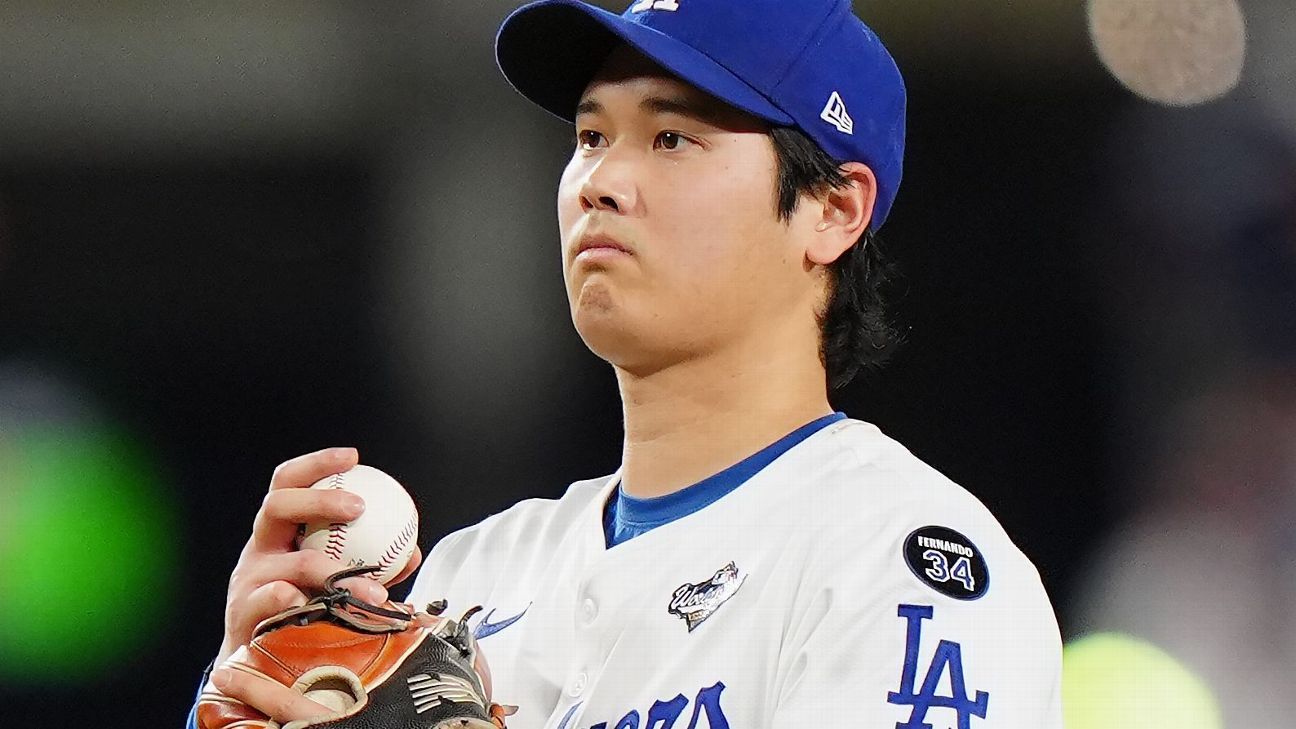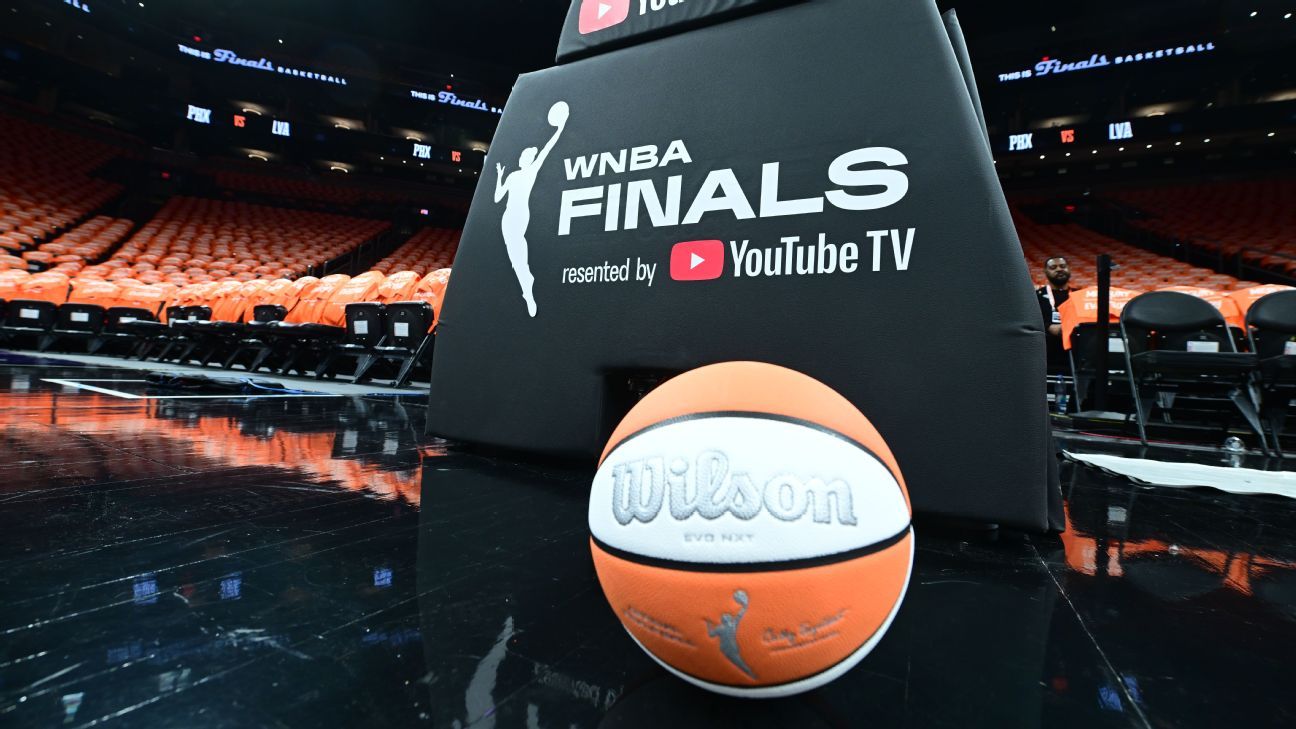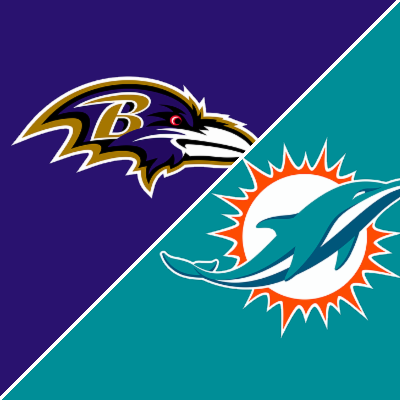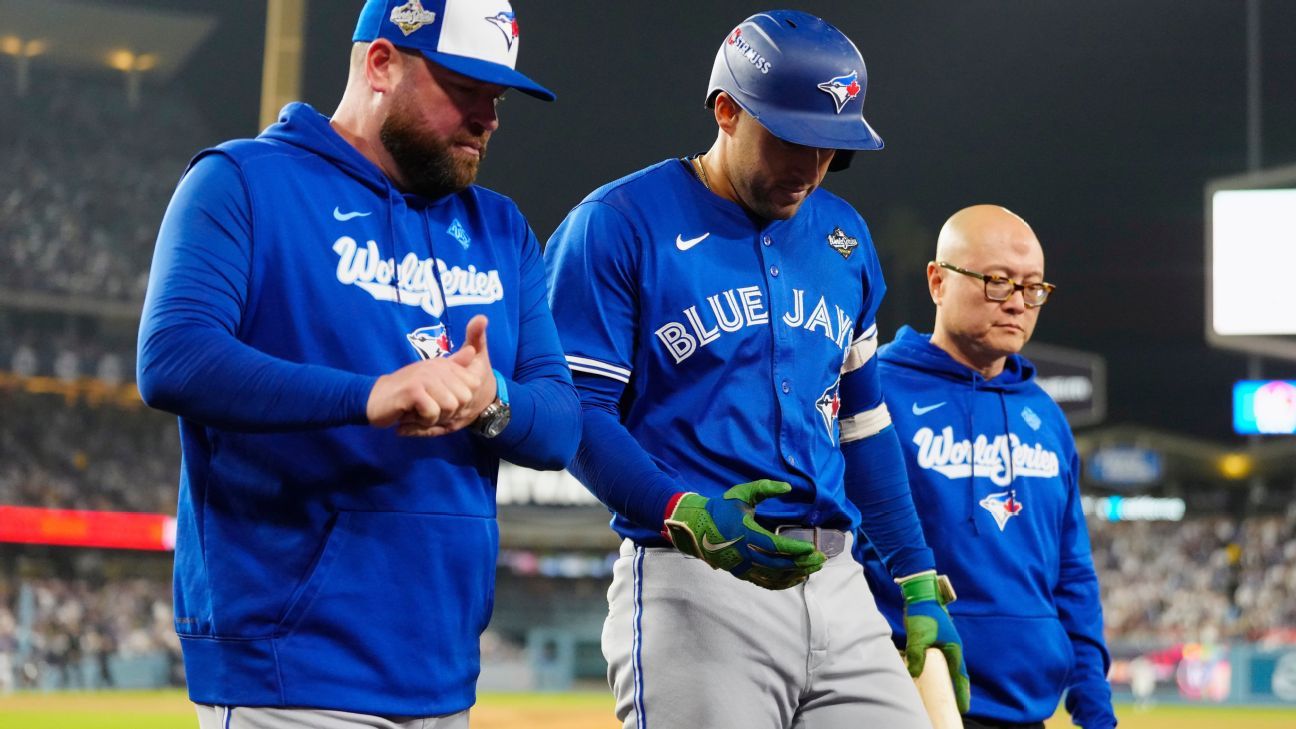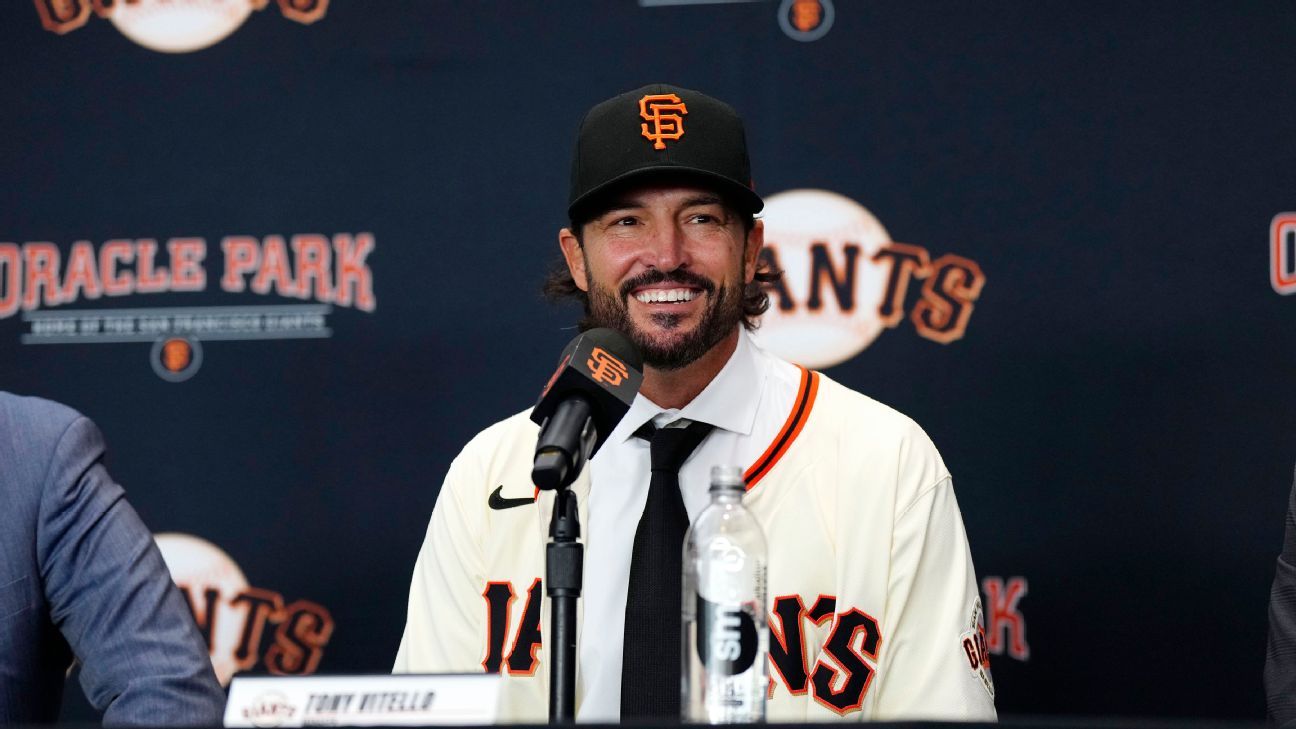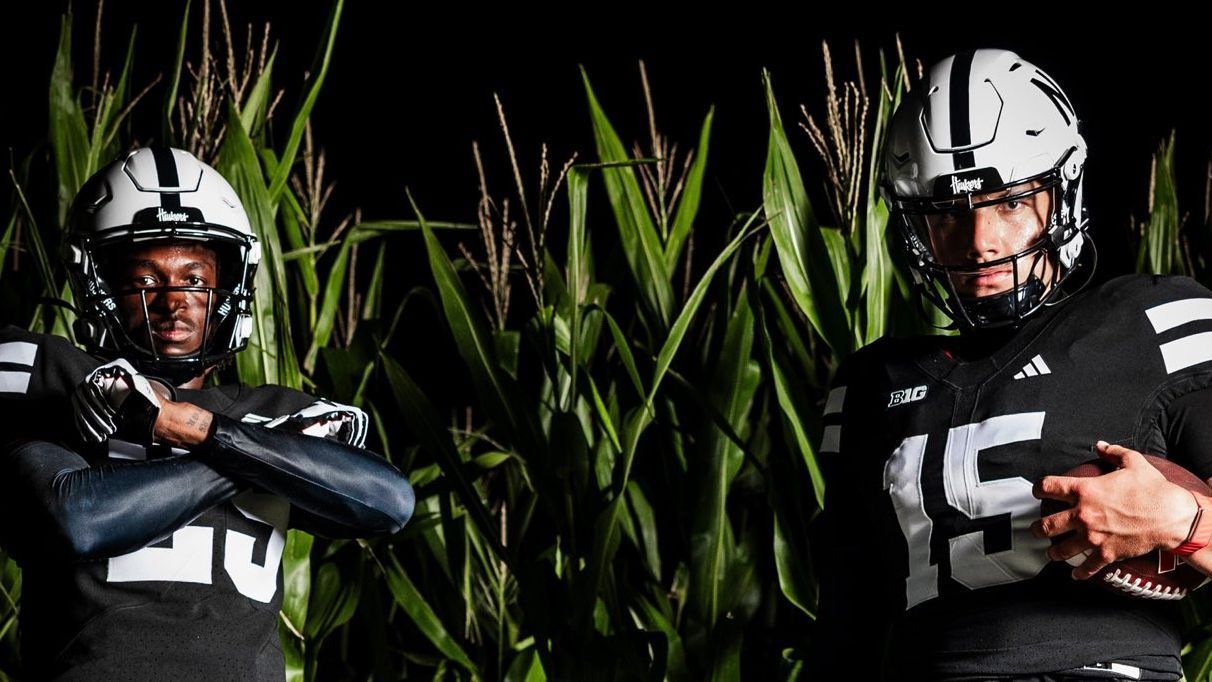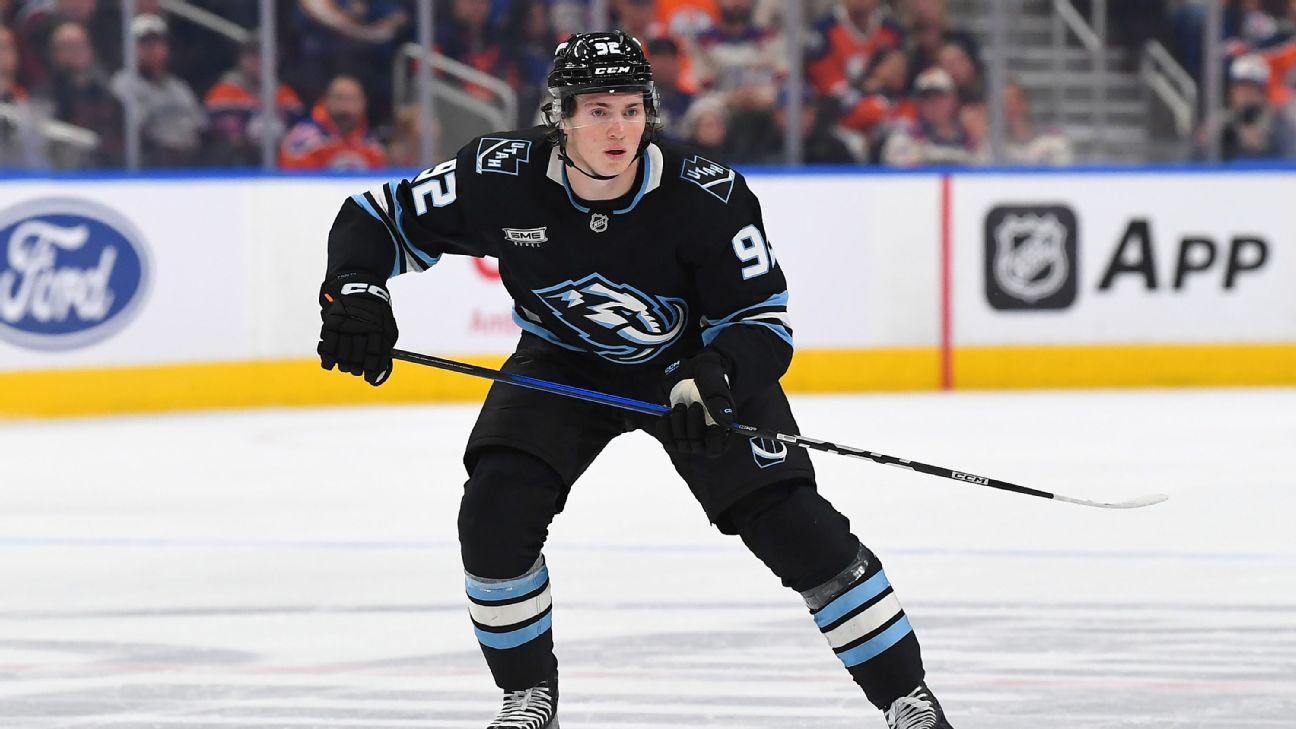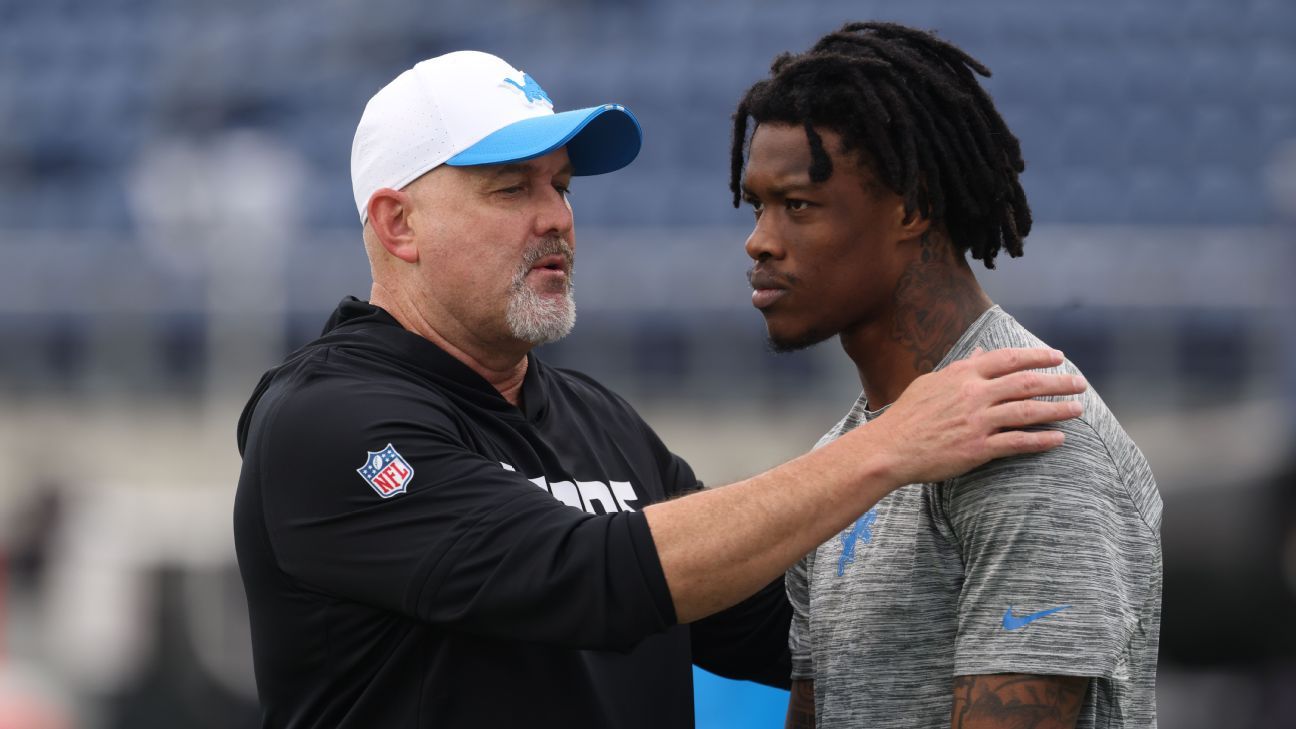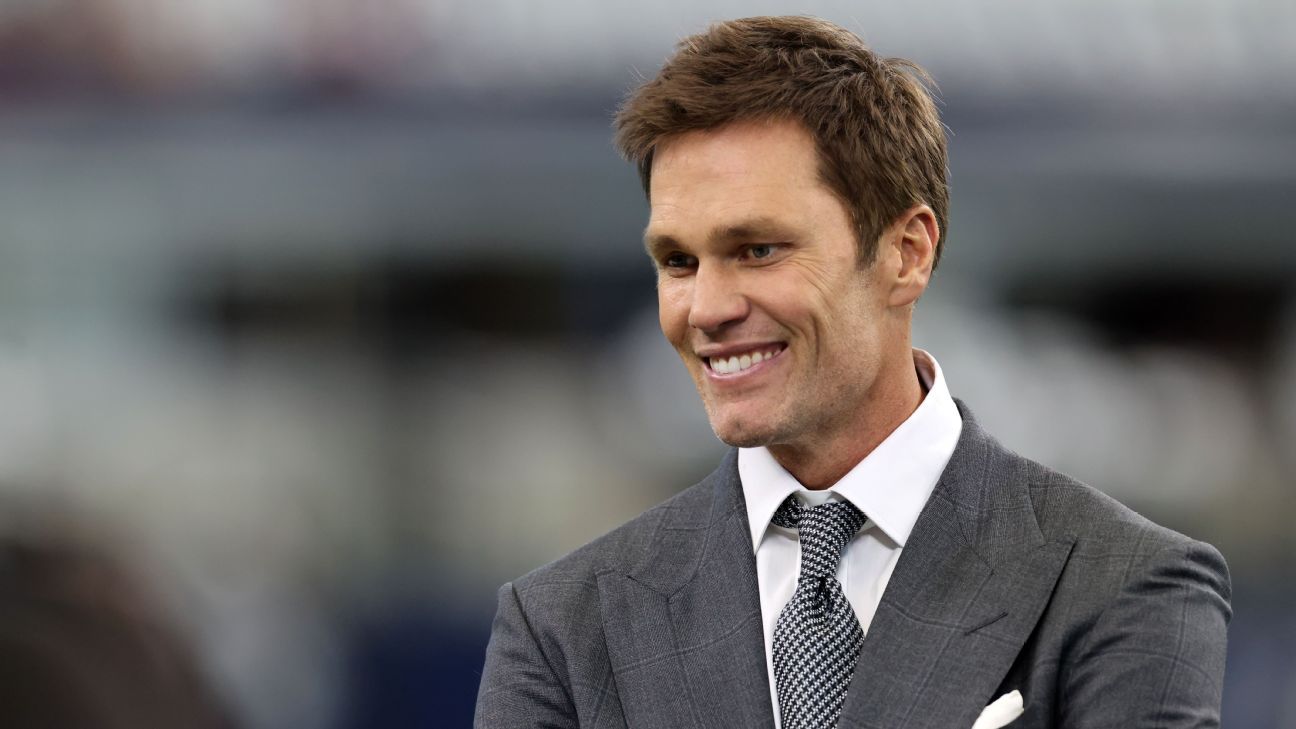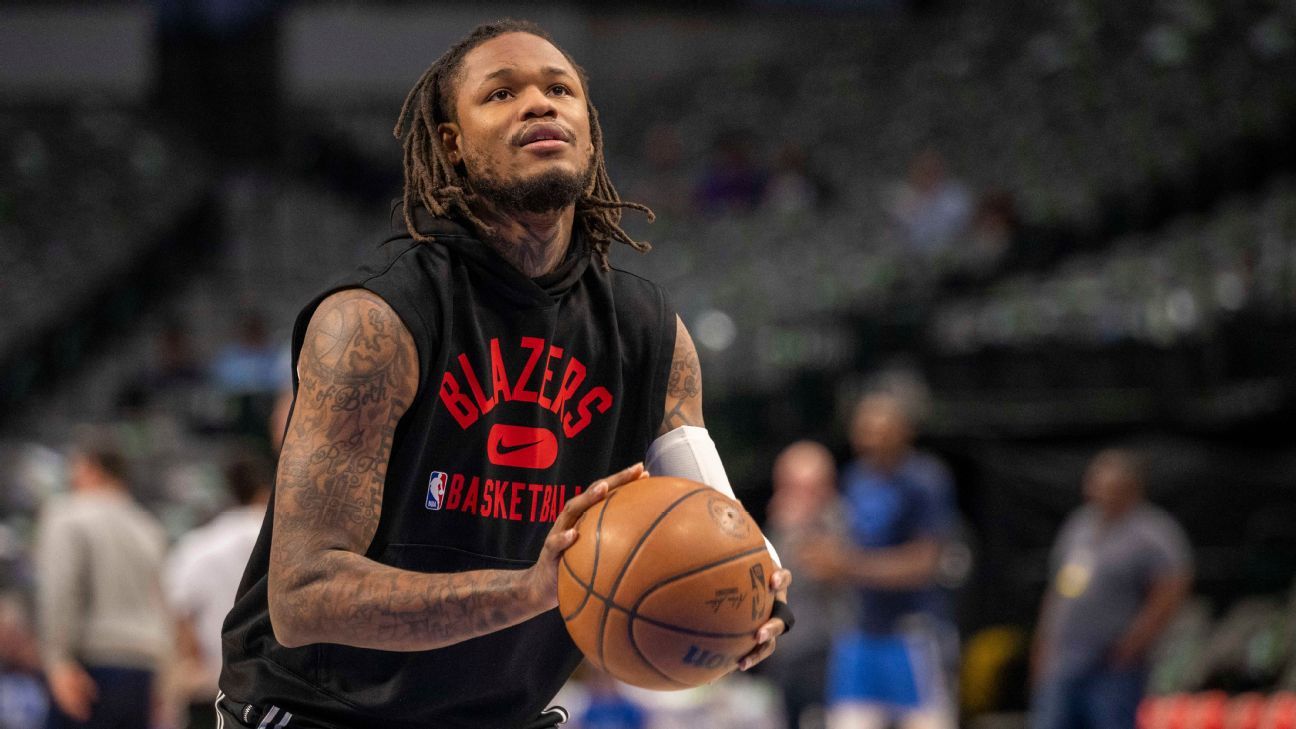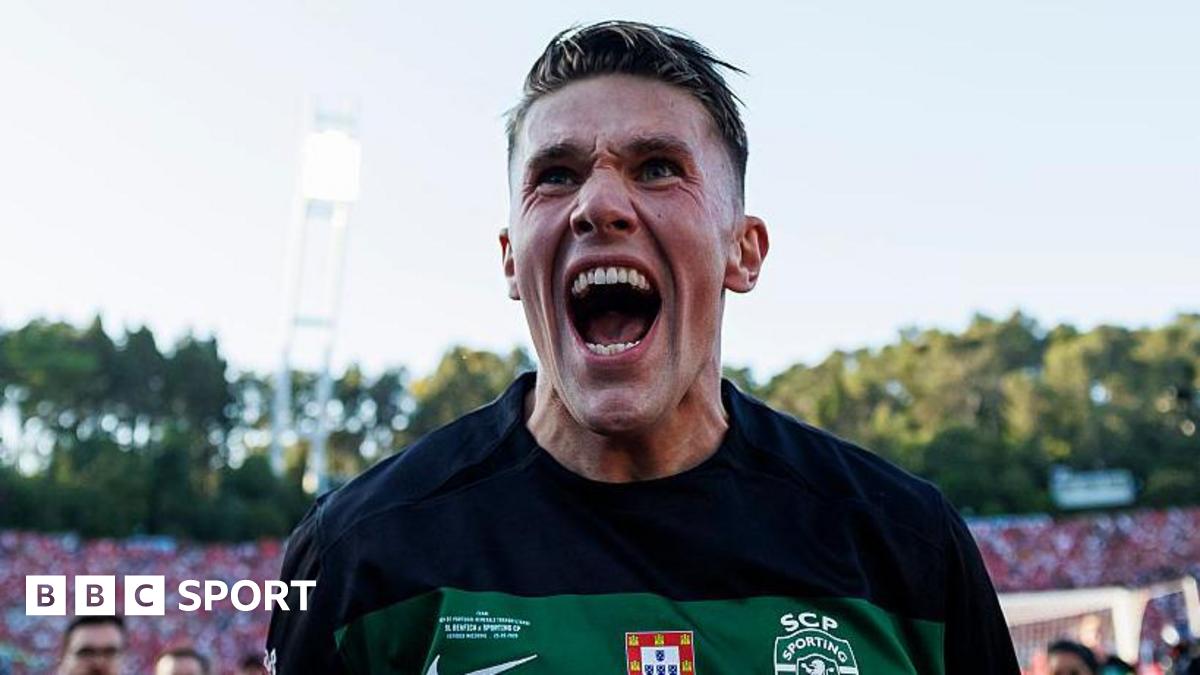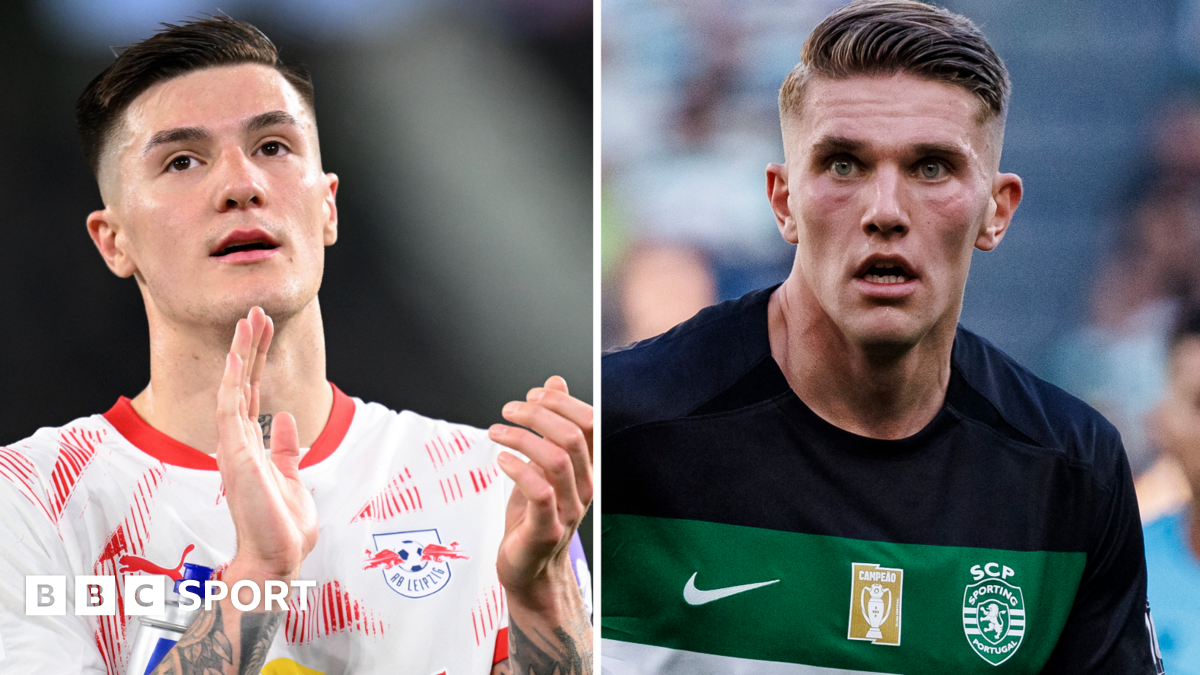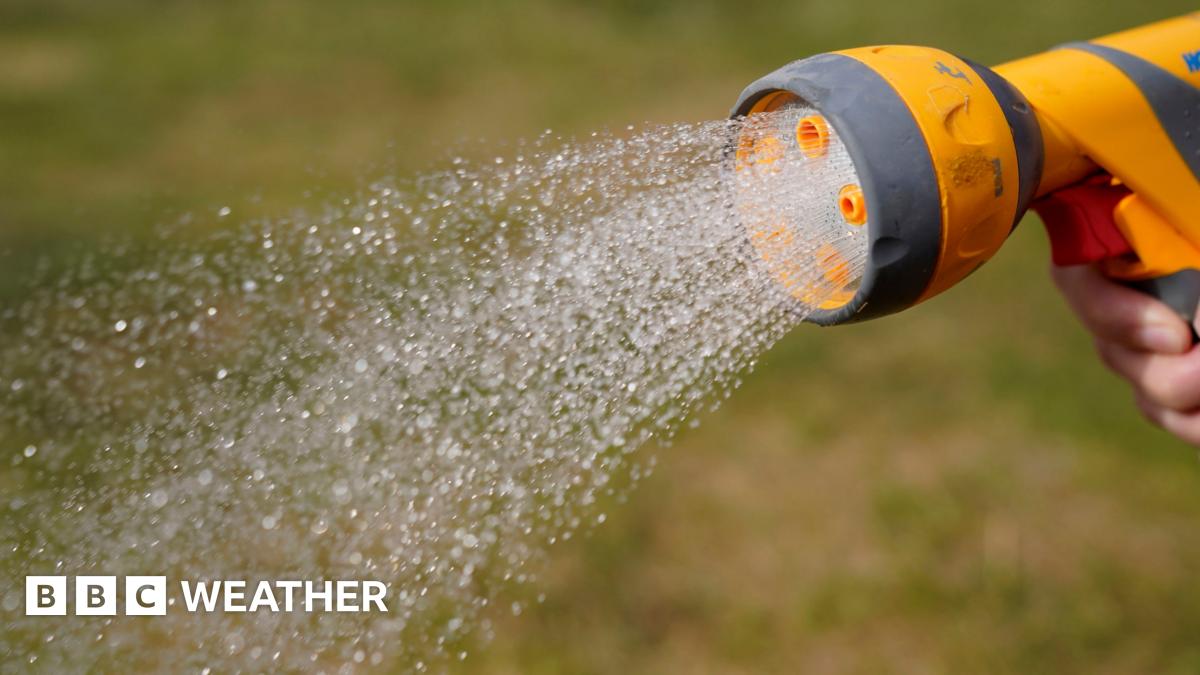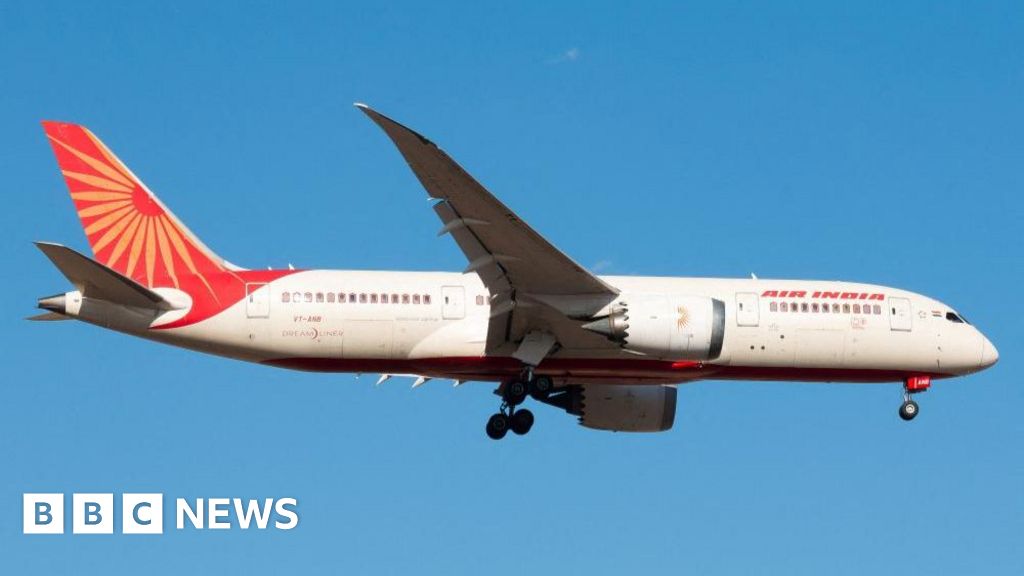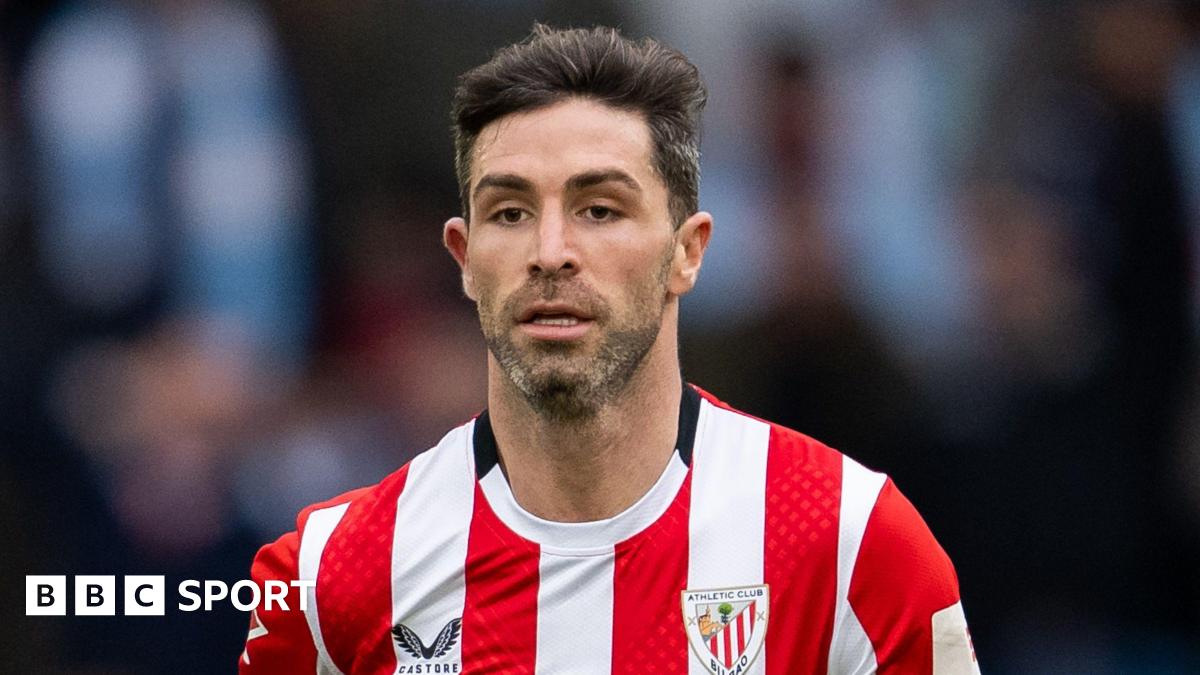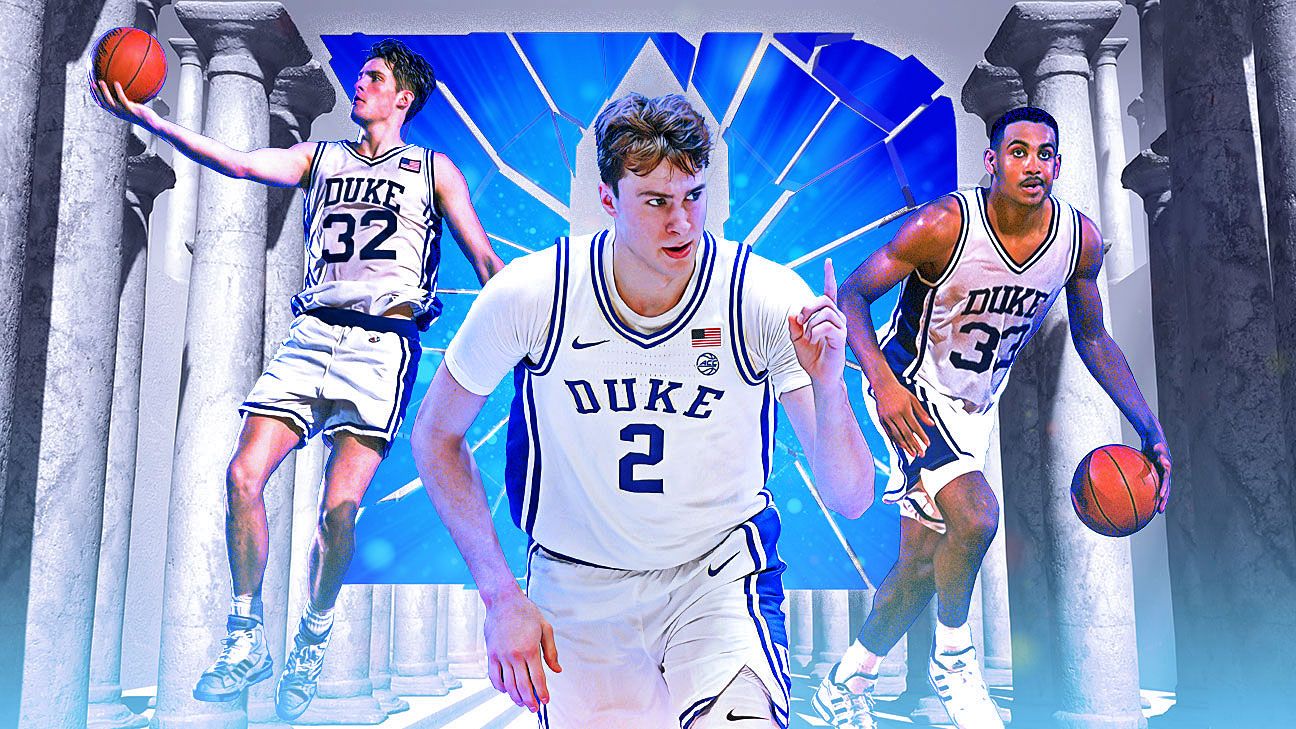
Jeff WagenheimJul 17, 2025, 08:00 AM ET
THE FEEL-GOOD MOMENTS kept coming for Dustin Poirier, one building on another.
It was a UFC Fight Night in April 2015, four years into his Octagon career, and Poirier was loving the feeling of finally walking into the cage as a lightweight, his natural weight class, after cutting an extra 10 pounds to featherweight for his first 11 UFC appearances. Minutes later, he felt the joy of career renewal when his first-round knockout of Diego Ferreira put Poirier back in the win column just months after he'd suffered a momentum-halting defeat at the hands of Conor McGregor. Pocketing a $50,000 bonus for performance of the night felt pretty sweet, too.
But Poirier derived his most palpable jubilation that night from what UFC matchmaker Joe Silva said to him immediately after the fight. As they shared a congratulatory handshake in the cage, Silva reminded Poirier, who is from Lafayette, Louisiana, that the UFC had a fight card scheduled two months later in New Orleans.
"[Silva] said he'll save me a spot if I wanted it," Poirier told reporters afterward, a smile spread across his face. "New Orleans, I'm coming home, baby!"
That June, Poirier made the two-hour drive from his hometown to the Big Easy, carrying with him the hopes and dreams of Bayou Country. The UFC's first New Orleans event in four years originally was to be headlined by fellow Lafayette native Daniel Cormier, but he was moved to a light heavyweight title fight on a different night. Lafayette welterweight Alan Jouban also was scheduled for the card, but he pulled out with an injury. That left one local hero for the crowd to make noise for at the Smoothie King Center.
It should be no surprise that Poirier's walkout blew the roof off the house. Colorful fleur-de-lis flags of Acadiana, honoring his home region's Cajun heritage, waved in the stands as he made his way toward the Octagon. Poirier passed many familiar faces in the crowd, later saying, "I knew I'd have them on my side. They're bayou people. That's the way we are."
Poirier somehow managed to rein in his emotions during the walk, making it an energetic precursor to the fight itself. Poirier wasted no time rewarding his jazzed-up fans, sending Yancy Medeiros to the canvas twice on the way to a knockout win in 2 minutes, 38 seconds. It was over almost before the welcome-home cheers had died down.
"I'm driving straight home to Lafayette, not too far from here," Poirier said when asked during the postfight news conference how he would celebrate. "We're boiling some crawfish."
If that short night's work left Poirier wishing for more time in the down-home spotlight, he's about to get it. For the first time in a decade, the UFC will be back in New Orleans on Saturday for UFC 318 (10 p.m. ET on ESPN+ PPV; prelims at 6 p.m. ET on ESPN2 and ESPN+). Poirier is headlining in a trilogy fight with Max Holloway.
This home game will be even more special for Poirier than the last one, because there won't be a next one.
POIRIER HAS BEEN talking about retirement for years. He also has been pushing for a return to New Orleans. Finally, it all came together in April, and Poirier gleefully went public with the news while he was in Green Bay, Wisconsin, for the NFL draft. Poirier sat on the set of "The Pat McAfee Show" in a black New Orleans Saints hoodie, talking about how honored he felt to announce one of the Saints' draft picks that night. And speaking of announcements ...
"We're coming back to New Orleans. The UFC is coming back to New Orleans in July," Poirier said. "July 19 is going to be my final fight. I'm going to lay the gloves down in Louisiana, where it all started for me. The whole journey started there."
That points to a reason this home game is even more meaningful than the one a decade ago: Poirier is even more deeply Lafayette now. He has always celebrated his roots, but back in 2015 he was spending much of his time in South Florida, where he trained with American Top Team. But when he and his wife, Jolie, became parents the following year, they moved back to Louisiana so their daughter would be around extended family.
"Fighting, you have to be selfish," Poirier told ESPN back then. "But I didn't want to take that away from her childhood."
At the same time, the Poiriers became increasingly involved in serving their community. They auctioned off several of his fight kits to raise money for local causes, which led to the creation of the Good Fight Foundation, a nonprofit that provides meals, school supplies and support to underserved communities in south Louisiana.
His fight career might be at its end point, but Poirier is just getting started.
It is both puzzling and perfect that Holloway is Poirier's final opponent. Some may wonder why Poirier, who owns two victories over Holloway, would give him a third shot. Might the appeal be that this matchup offers Poirier an opportunity to walk off into the Lake Pontchartrain sunset with Holloway's symbolic BMF title belt slung over his shoulder? Or maybe it's simply that Holloway, a former featherweight champion who has landed the most significant strikes in UFC history (3,457), qualified for Poirier's short list of swan song requirements?
"I said, 'legends only,'" Poirier told McAfee in April, reflecting on what he told UFC matchmakers as they were looking to book his finale.
Poirier also appreciates the full-circle nature of the dance with Holloway. "I was his first fight in the UFC back in 2012," Poirier said, "and he's going to be my last fight in the UFC."
Such symmetry is as rare in MMA as a successful career ending. The closing chapter's plotline is still to be determined, but considering that the final act will take place in Poirier's backyard -- and considering that that backyard is located in the heart of Louisiana's festive culture -- there surely will be a celebration no matter who gets his hand raised this weekend. And since Poirier won't have to cut weight ever again, maybe this time his crawfish boil can include andouille sausage and finish with pecan pralines.
HOMETOWN FIGHTS DON'T happen every day or everywhere. The opportunities arise more fluidly for fighters who hail from popular UFC destinations. Las Vegas has been the site of more than 250 fight cards in the promotion's 32-year history, far more than anywhere else. The New York City metropolitan area, which reaches across the Hudson River to include Newark, New Jersey, has seen nearly two dozen cards. London has had 16, Rio de Janeiro 12.
Rio was the setting for unquestionably the most iconic image in the history of hometown fights. It happened in January 2012 at UFC 142, where the headliner was a champion in his third UFC bout -- but the first in his adopted home city. José Aldo was in the midst of a decade-long winning streak that eventually would reach 18 fights, establishing him as a legend of the sport. When his knee to the chin of Chad Mendes knocked out the featherweight challenger with one second left in Round 1, the crowd noise at HSBC Arena was deafening.
Feeling the moment, Aldo raced out of the cage to be with his people. He jumped over the cageside seats and headed straight into the euphoric, bouncing crowd, with UFC security in hot pursuit. The fans engulfed the champ, lifting him on their shoulders and chanting his name. It was a chaotic, breathtaking scene of unbridled joy.
"I think this was a way of giving back the affection they showed me," Aldo said backstage through a Portuguese interpreter. "That positive energy was so good, so I tried to give them a victory and run to the crowd. I think there's nothing better than being with them."
Aldo didn't get the nickname "The King of Rio" for nothing.
Some of the most memorable hometown moments come when the UFC visits a city not on its usual road-trip route, because that can mean the card has been built around a local hero the company is backing. Perhaps the best -- and loudest -- example was in 2014, when the Octagon traveled to Dublin for just the second time. An Irish prospect in his third UFC fight was the headliner at a raucous 3Arena, and afterward the sport was never the same.
McGregor said he was going to finish Diego Brandao in the first round, and he did, much to the delight of a legion of tricolor flag-waving supporters. Within a year, McGregor would be interim featherweight champ and the biggest star in the UFC, but on this night early in his Octagon career, McGregor's self-belief was already off the charts. And he linked that to his hometown spotlight.
"There's not a man alive that can come on this soil and beat me," McGregor said in the cage, drawing yet another roar.
Hometown fights always generate ramped-up energy with star-making potential, even when the local fighter is not the headliner. Of the UFC's 11 current champions, six have fought in or near their home bases, though most of those fights happened before their title reigns and mostly on undercards.
There have been a couple of notable recent exceptions. Last month, Merab Dvalishvili defended his bantamweight title against Sean O'Malley in the main event of UFC 316 in Newark, a short distance from where the champion trains on Long Island, New York. And a year ago, UFC 301 headliner Alexandre Pantoja retained his flyweight belt by beating Steve Erceg in his hometown of Rio de Janeiro.
But while fighting at home can be a dream scenario, some fighters experience it as a nightmare. The fight week routine can be thrown off. Distractions pile upon distractions. Everyone from distant family members to long-lost high school classmates comes out of the woodwork seeking free tickets. And on fight night, everyone in the arena is focusing on you, you, you.
One vocal detractor of fighting local is heavyweight Derrick Lewis, who has had four UFC fights at home in Houston. He won the first two but lost the others, with one of those defeats coming in a 2021 fight with Ciryl Gane for the interim championship.
"I don't even want to experience that ever again," Lewis said on "The MMA Hour" shortly after the Gane fight. "It was too much pressure. Too much, to the point where I really was calling people up to let me get some weed off of them so I can relax my nerves during fight day."
That sentiment might perplex fans accustomed to watching MMA warriors such as Lewis, the UFC's all-time leader in knockouts, bravely step into a cage again and again to do battle. But just as different athletes have different skill sets, they also vary in their emotional makeup. For some, there's an overload of unease performing in front of a massive collection of friends and family within the shadow of their houses.
"It makes or breaks guys," Duke Roufus, head coach at the Milwaukee gym Roufusport, told ESPN. "I have some guys on my team that live for fighting here in town, and some guys who say they'll never fight at home again. They feel too much pressure. But I believe in fighting at home, and I try to get my guys to focus on all of the advantages. Like, it's so much easier to sleep in your own bed."
If one of his fighters needs an extra emotional push, Roufus suggests looking at the situation from the opponent's perspective.
"It's intimidating fighting in someone else's hometown," Roufus said. "So I tell my guys, 'It's better when you're fighting in front of your people.' It brings something out of you."
Roufus knows from experience. He has been on the "away team" more than once in the UFC. He traveled with Jared Gordon in 2019 to fight Charles Oliveira in Sao Paulo, Oliveira's hometown, then accompanied Paul Felder to take on Dan Hooker in Auckland, New Zealand.
Before turning to coaching, he was a multiple-time world champion in kickboxing and also competed in boxing. Between the two sports, he fought 11 times in Milwaukee. He won all 11. "My dad used to sit in the front row at my fights," Roufus said. "He got me started in the sport. I wasn't losing in front of him. That was my attitude."
That's also the attitude of Roufusport's star fighter, former UFC lightweight champion Anthony Pettis. He won the title in 2013 by submitting Benson Henderson in the main event of UFC 164 in Milwaukee, the city where he was born and raised. Before Pettis' moment in the spotlight, he got to watch the prelim fights of two Roufusport teammates, Erik Koch and Chico Camus -- on TV in his living room at home. Pettis lived just a 10-minute drive from the Bradley Center.
"When it was time for Anthony to be at the arena," Roufus recalled, "he walked into the place cooler than an ice cube. He was ready to go."
Pressure? What pressure?
"The way I look at it," Roufus said, "pressure is what makes diamonds."
Perhaps that adage will bode well for this weekend's main event homeboy, Dustin Poirier. His nickname, after all, is "The Diamond."

